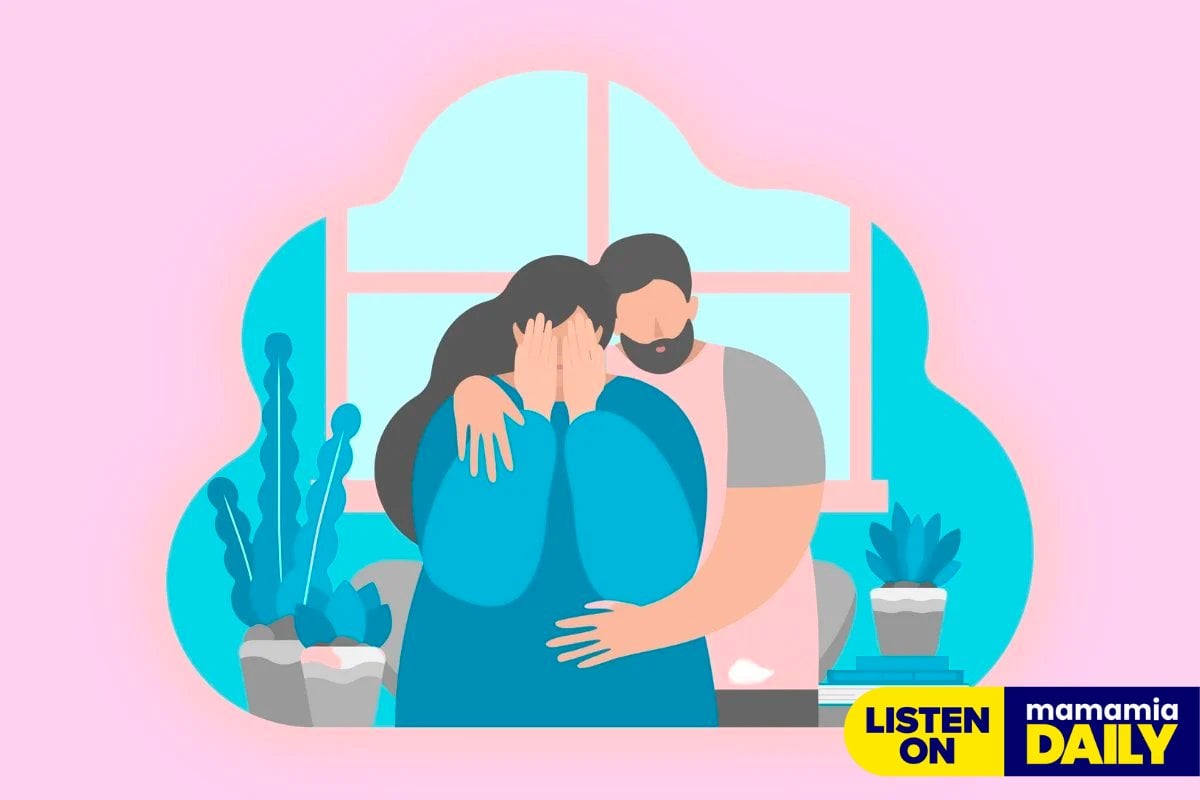
Listen to this story being read by Shannen Findlay, here.
While love languages are obviously of huge importance, your apology language is just as crucial - as it is the way we forgive and express an "I'm sorry".
Human nature means each individual functions differently, and while an admittance of wrongdoing such as "that was not okay, and I am sorry," works for some - it definitely doesn't work for everyone.
That's where apology languages come in.
Watch Mamamia's How To Apologise Effectively. Post continues after video.
Why do apology languages matter?
People mess up, and expressing remorse, taking responsibility and accepting blame are all key to delivering a well-meaning and real apology. However, the delivery of an apology can sway from acceptable to err, not so acceptable.
So knowing all about apology languages, and expressing the right ones to those around you - especially your partner - can lead to fulfilling, and longer-lasting relationships.
Gary Chapman, Ph.D. and psychologist Jennifer Thomas, Ph.D. developed and created the apology language system, in an effort to cater to the multitudes of ways people want to be approached with an apology.

Top Comments